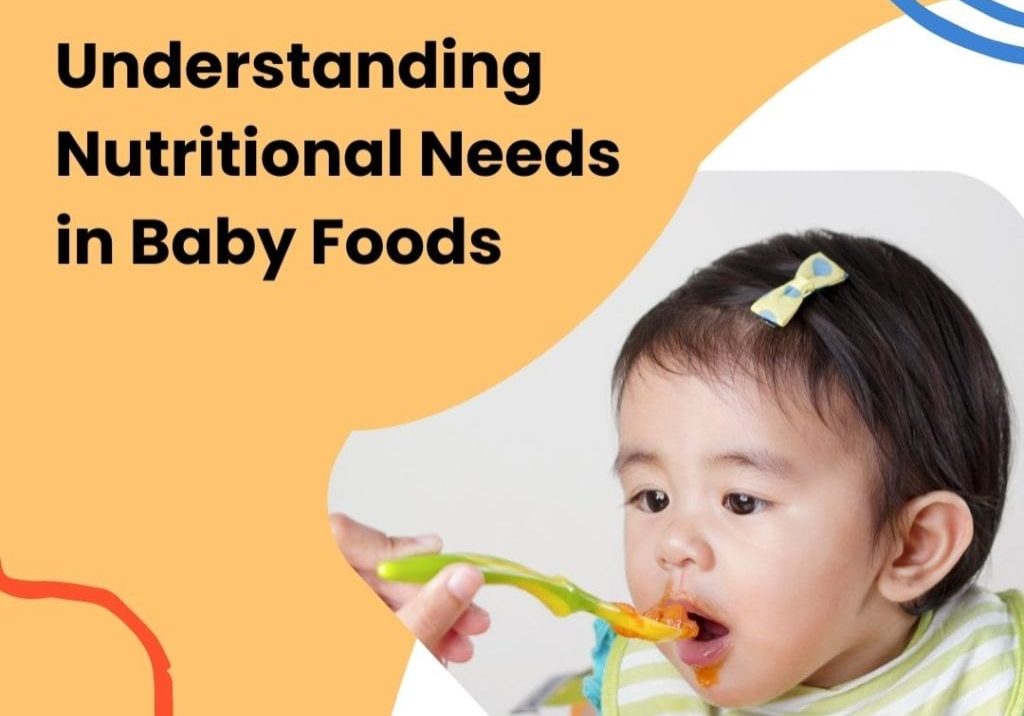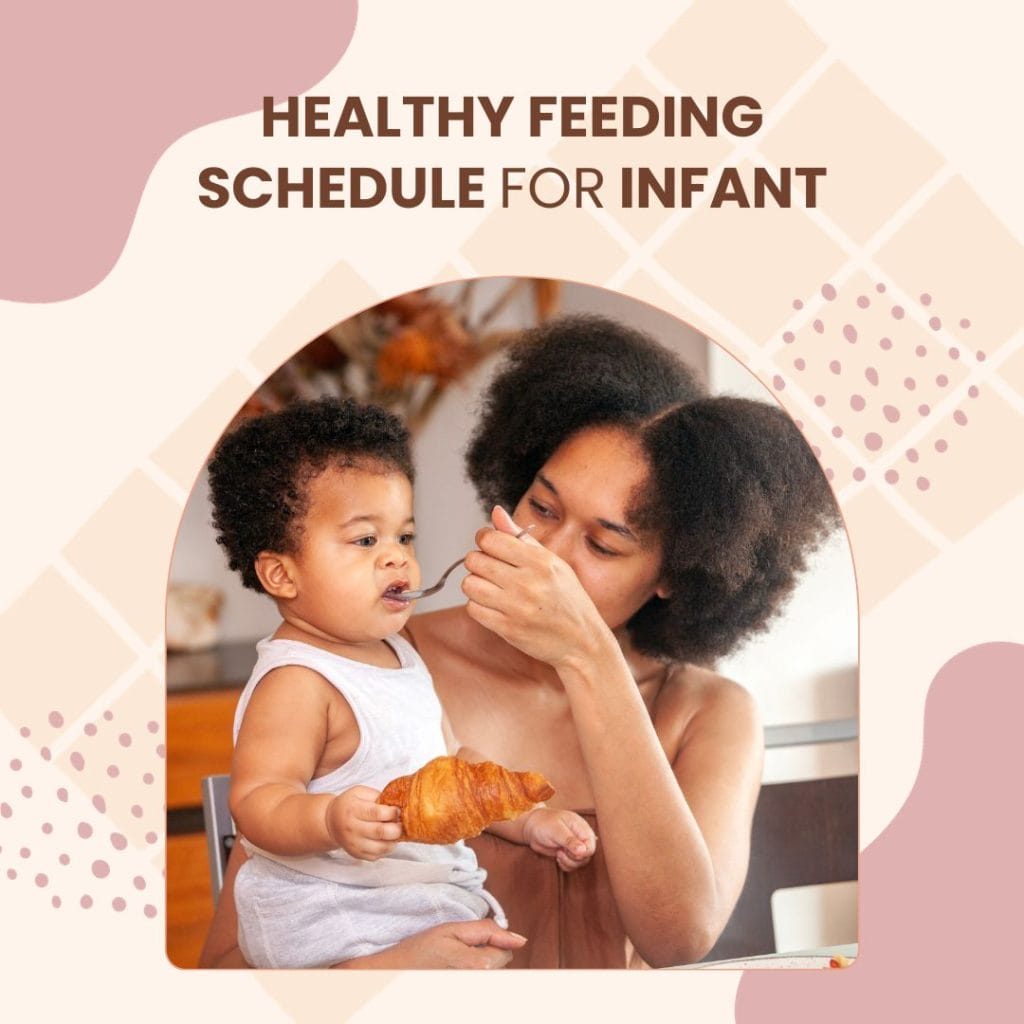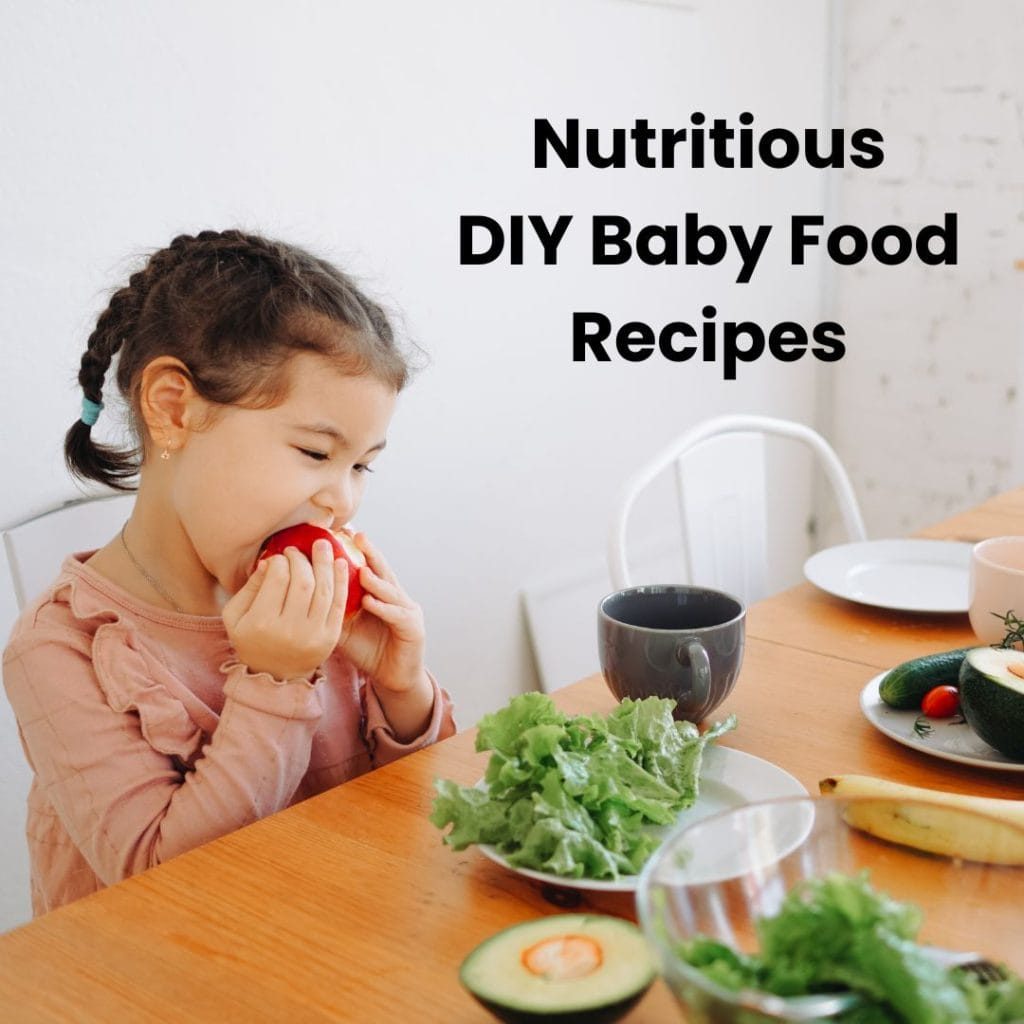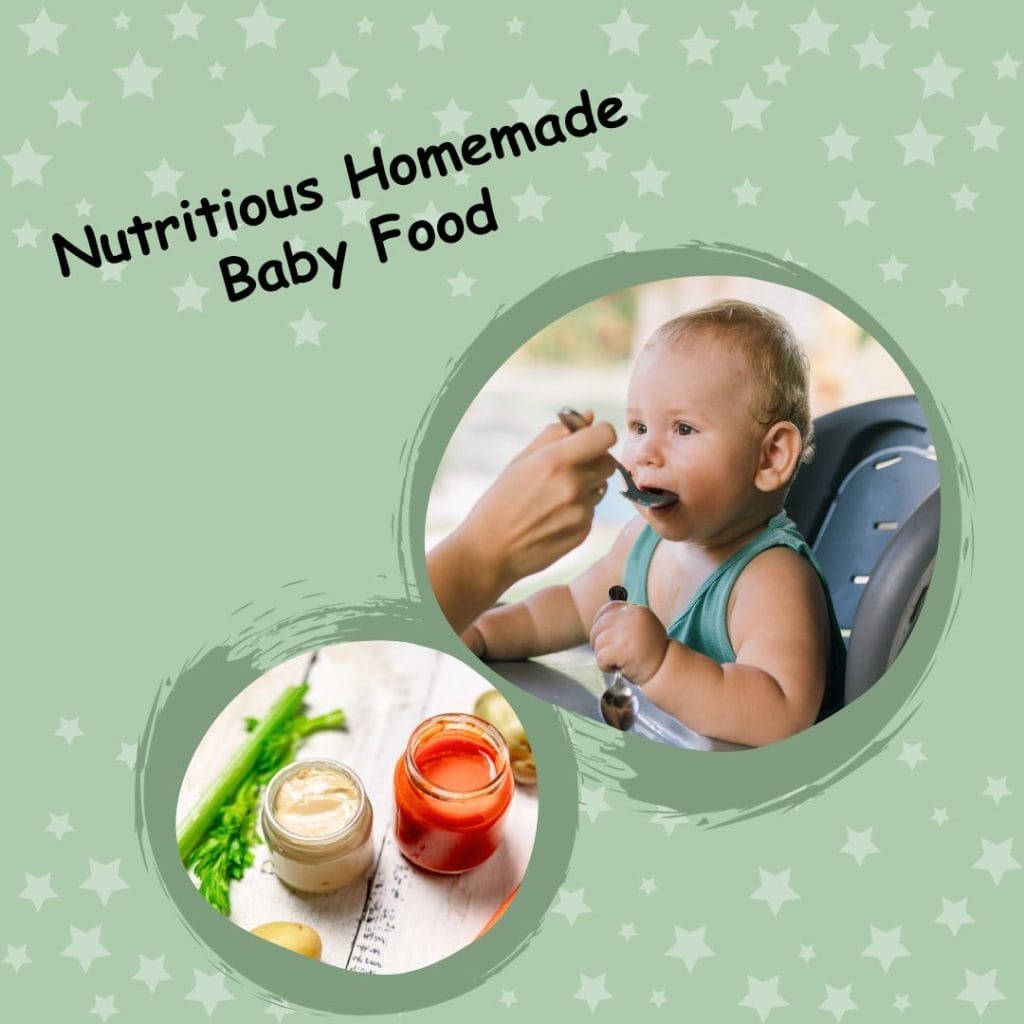Infant nutrition is a fundamental cornerstone for the robust growth and development of a child. This guide delves into the world of infant nutrition, providing a comprehensive overview of dietary essentials, feeding schedules, and potential challenges. It aims to equip parents and caregivers with the necessary knowledge to nourish their infants optimally.
A Comprehensive Guide to Infant Nutrition and Feeding
Infant nutrition is a critical aspect of an infant’s overall health and development, requiring careful attention and knowledge. This Guide is a resource for those who provide nutrition education and counseling to parents and caregivers of infants, focusing on the healthy, full-term infant from birth to one year.
The Importance of Infant Feeding Skills
Infant feeding skills are fundamental to the healthy growth and development of the baby. These skills emerge gradually as the baby matures, ranging from suckling immediately after birth to gradually developing sophisticated skills for eating solid foods. Parents and caregivers play a critical role in this transition.
Understanding and responding appropriately to the infant’s hunger and satiety cues is essential. These cues indicate when the infant is ready to eat and when they have had enough. By recognizing these cues, parents can ensure the infant gets the right nutrition at the right time. This active responsiveness helps in building a healthy feeding relationship, promoting optimal growth, and setting the stage for healthy eating habits later in life.
Physical Activity and Play Positions in Infancy
Physical activity and appropriate play positions are just as critical as proper nutrition in an infant’s growth and development. Engaging in regular physical activity, such as tummy time, improves motor development and strengthens muscles, while instructive play positions can enhance cognitive skills and sensorimotor development.
Tummy time, where the baby is placed on their stomach while awake and supervised, is a recommended physical activity. It not only strengthens an infant’s neck, shoulders, and trunk but also prepares them for crawling and other developmental milestones.
Instructive play positions, such as sitting with assistance or lying on their back with toys within reach, can foster cognitive development. These positions encourage infants to reach out, explore, and interact with their surroundings, thus stimulating their senses and promoting motor skills.
Incorporating these activities into the infant’s routine will provide a balanced approach to physical and cognitive growth, accompanying proper nutrition.
Electronic Media and Television in Infancy
Electronic media and television can have significant influences on an infant’s development. Although these platforms can provide educational content, excessive exposure can hinder physical activity and interpersonal interaction, critical aspects of an infant’s growth.
Parents and caregivers need to manage infants’ media exposure carefully, ensuring balance with other essential activities. The American Academy of Pediatrics recommends avoiding screen time for infants under 18 months, other than video-chatting.
By setting healthy media habits early in life, like designated media-free times or locations, parents can help foster a balanced growth environment for their infants. Thus, understanding the potential impact of electronic media and television is integral to nurturing a well-rounded infant development.
Nutrient Intakes and Breastfeeding
Recent research emphasizes the importance of micronutrient intake during infancy, notably Iron, Zinc, and Vitamin D. These nutrients aid in the development of an infant’s immune system, brain, and bones. It’s crucial to consult a healthcare professional to understand the right quantity and sources of these nutrients for your infant.
Breastfeeding is highly recommended during an infant’s early months, providing the ideal balance of nutrients. Breast milk contains antibodies that boost the infant’s immune system, helping them fight off viruses and bacteria. The World Health Organization suggests exclusive breastfeeding for the first six months, integrating complementary foods with continued breastfeeding up to two years or beyond.
This guide offers a comprehensive perspective on infant nutrition, helping parents and caregivers make informed decisions about their infant’s feeding plan. As research evolves, it’s vital to stay updated and consult healthcare professionals to ensure optimal nutrition.
Immunization in Infancy
Immunization in infancy is a critical aspect of child healthcare, providing a shield against a range of preventable diseases. Vaccines work by stimulating the infant’s immune system to recognize and combat harmful pathogens. This process establishes a defense mechanism, preparing the body to fight future infections effectively.
Resources such as the Center for Disease Control and Prevention (CDC) and World Health Organization (WHO) offer invaluable information on infant immunization schedules and vaccine-preventable diseases. It’s vital for caregivers to follow the recommended immunization schedule, ensuring infants receive protection when they are most vulnerable to diseases. Hence, immunization is a cornerstone in safeguarding an infant’s health and wellbeing.
Food Safety and Infant Feeding
Food safety is a crucial aspect of infant feeding. Preparing and handling infants’ food requires adherence to strict hygiene practices to prevent the potential risks of foodborne diseases.
First and foremost, always wash your hands and clean preparation surfaces before handling infant food. Ensure that food serving dishes and utensils are thoroughly cleaned and sterilized.
Beware of possible contaminants in water used for preparing infant meals or formula. Consider using sterilized water, especially for infants under six months.
Keeping these precautions in mind can help maintain a safe feeding environment, aiding in the healthy growth and development of your infant.
Navigating the Guide
This Guide has been meticulously designed for easy navigation, facilitating quick access to any section desired. Reference citations are omnipresent throughout the text, corroborating the information provided. Each chapter concludes with full citations, promoting further exploration of the topic.
A detailed index aids in locating specific content or subjects within this comprehensive handbook. Additionally, a well-constructed glossary at the end of the Guide elucidates any specialist terminology or concepts, enhancing comprehension for every reader.
In essence, this Guide is an invaluable tool for those involved in infant nutrition education and care. It offers a treasure trove of knowledge to ensure optimal infant feeding practices and nutrition for healthy development.
Conclusion
In conclusion, understanding the facets of Infant Nutrition is vital for promoting optimal development in the earliest stages of life. This guide offers comprehensive insights into the key aspects, helping caregivers make informed decisions. The information herein will contribute to formulating a balanced approach to Infant Nutrition, fostering a healthier future for our infants. Embracing the wisdom contained in this guide will empower caregivers to nourish our youngest generation most effectively. Above all, always consult a healthcare professional for personalized advice on Infant Nutrition.










